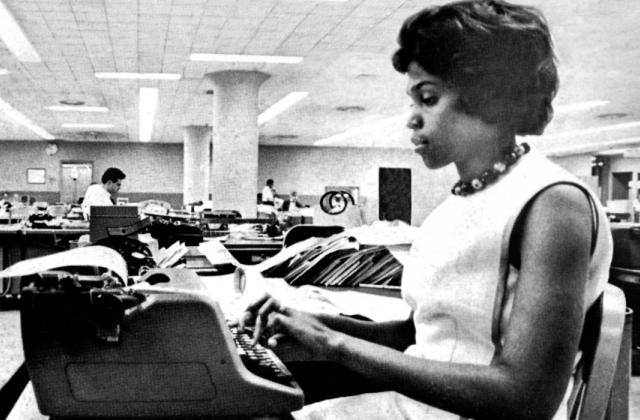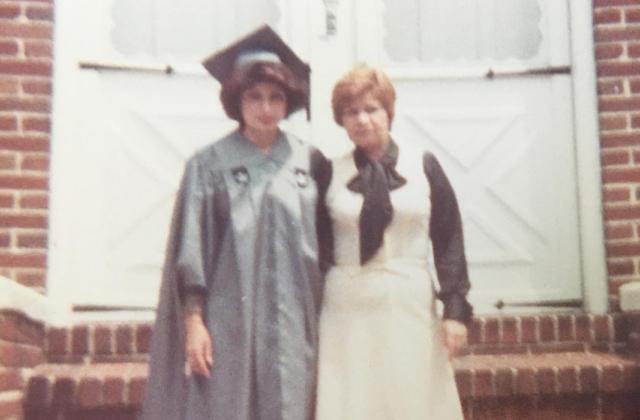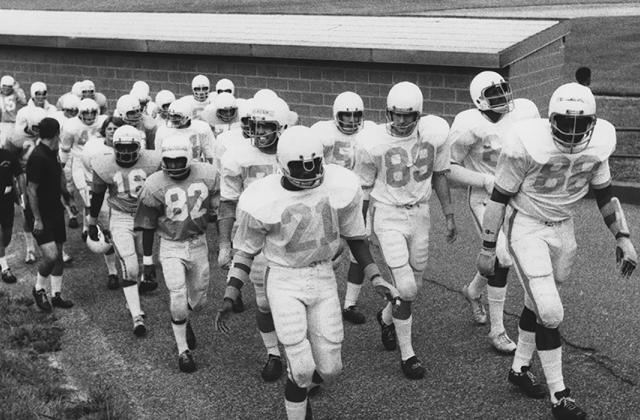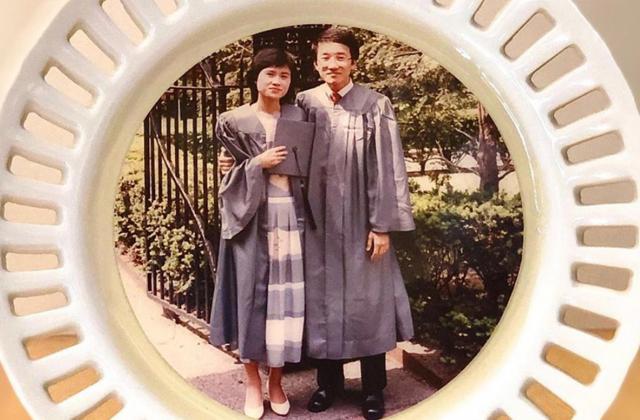The Next Generation Is Critical to Our Planet
Justin Peter (JP) Leous ’06SIPA
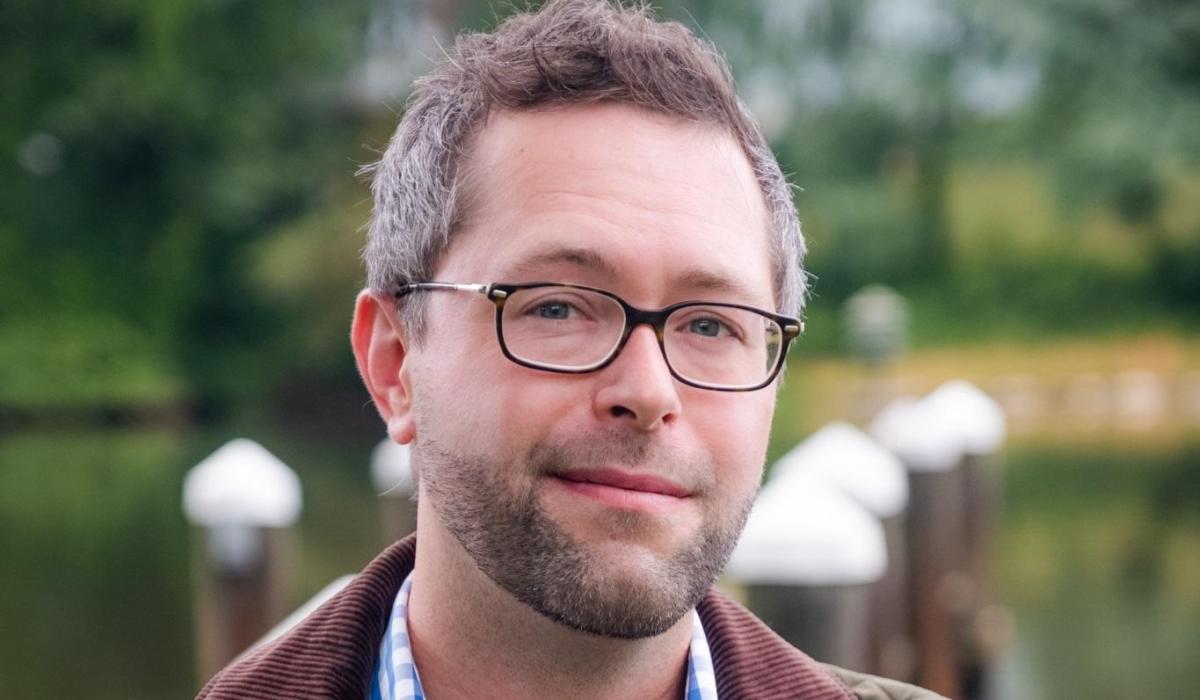
Justin Peter (JP) Leous stood in the cafeteria at the School of International and Public Affairs (SIPA) back in 2006. He and a classmate were debating which issues matter most in the world right now. Without hesitating, JP said climate change. But his classmate didn’t understand that urgency.
“Yeah, the environment matters,” she said. “But don’t you think we need to tackle nuclear arms or malaria first?” JP heard this a lot at school, a belief that climate change is not a priority compared to a host of other seemingly more people-centric issues. But that didn’t make sense to JP.
“Environmental distress is at the root of so many other issues,” JP said to her. “Take the genocide in Darfur. That was about drought long before it turned into a humanitarian crisis.” His classmate still wasn’t convinced.
Before SIPA, JP served in the Peace Corps in the West Indies, which inspired his passion for global conservation. He came to Columbia to start an international sustainability career. Yet JP also wanted to energize peers about the climate crisis. He just didn’t yet know how.
When JP and his classmate Neal Parry ’06SIPA won the Andrew Wellington Cordier Prize from SIPA’s Journal of International Affairs they were also promised a $300 award. The check never came, and as JP and Neal wondered whom to approach at SIPA, they thought back to that cafeteria discussion. He and Neal decided not to take the money. They had a better idea.
“Let’s use the prize as seed money for a new award,” JP and Neal said to each other on a walk one Friday night after editing their Journal article. “Just think. An award encouraging students to investigate and address environmental root causes to pressing societal issues.”
As the saying goes, to whom much is given, much is expected.
But they wanted this idea—looking at environmental root causes—to reach beyond SIPA and throughout the University. So, the two that night pitched the award first to fellow students at the Journalism School, the Graduate School of Architecture, Planning and Preservation, and the Business School. Their classmates liked the sound of it and encouraged JP and Neal to keep going.
They next pitched then SIPA dean Lisa Anderson. Intrigued, she called in the dean of students to listen to JP and Neal’s idea. The deans were on board.
There was one problem. The award needed more money to get off the ground. Determined to turn their idea into a reality, JP and Parry fundraised before graduation. And that year, the Leous Parry Award for Progressive Sustainability was announced.
Each year, JP and Neal learn of students’ winning work, which has been a gratifying way for them both to stay connected to Columbia and SIPA. “But more importantly, the award positively impacts students as well as the communities they engage.”
“Our hope is telling the story behind this award inspires other students with bold, crazy ideas to make change,” said JP. “Heck, Neal and I started with just a ton of passion, a big vision, and a $300 IOU from SIPA. Nearly fifteen years later, dozens of students and their project partners have been touched. It’s truly humbling, and a testament to the kind of students and professors SIPA attracts.”
"We remain excited and thankful for this opportunity to contribute, with support coming not only from the deans of SIPA, but from multiple University leaders as well as President Bollinger,” added Neal.
Today, JP works at a nonprofit that helps corporations around the globe hasten shifts toward a green economy. He and Neal continue to hold great hope in the Columbians that will come after them.
“The next generation of students is critical to helping our planet, so I want to help them,” said JP. “As the saying goes, to whom much is given, much is expected.”
by Rebecca Kelliher '13BC

